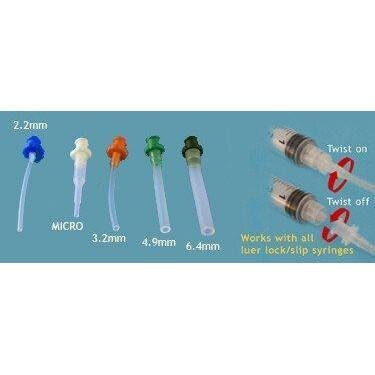jamest0o0
Chameleon Enthusiast
People should be free to constructively criticize. That gives petr the opportunity to explain. If we just blindly follow him, or anyone because of their status, then we're only hurting our ability to gain knowledge. Once again, I'm not attacking petr. I watched it and feel meh about it, some could try it, others probably shouldnt. That's about all I can add regarding the video.






